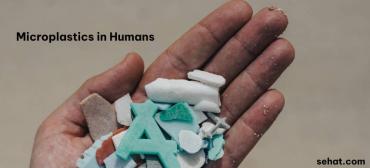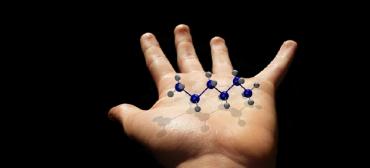Pneumococcus
What is pneumococcus?
Pneumococcus is a bacteria that can cause serious illness in children, including pneumonia, infection in the blood, and meningitis (infection in the tissues around the brain and spinal cord). In young children, pneumococcal infection often causes otitis media (middle ear infection), which can lead to more serious complications such as meningitis.
Immunization against pneumococcus
Although pneumococcal vaccines have been used for older children and adults for many years, a new form of pneumococcal vaccine is now recommended by the American Academy of Pediatrics (AAP) for all children younger than age two. This vaccine is called pneumococcal conjugate vaccine (PCV7 before 2010, and PCV13 since then). PCV13 is the newest form of the vaccine--approved in 2010--and protects against more strains of pneumococcus.
When is PCV13 given?
PCV13 can be given along with other childhood vaccines and is recommended at the following ages:
-
Two months
-
Four months
-
Six months
-
12 to 15 months
Children who are moderately to severely sick or have a fever should wait until they are well to receive the vaccine. Children who have had a prior serious reaction to any type of pneumococcal vaccine should not receive PCV13. According to the CDC, healthy children 24 months through 4 years of age who are unvaccinated or have not completed the PCV13 series should get one dose. A single dose of PCV13 may be given to children 6 through 18 years of age with certain medical conditions (such as sickle cell disease, HIV/other immunocompromising condition, cochlear implant, or cerebrospinal fluid leaks), regardless of whether they have previously received a pneumococcal vaccine.
What are the risks from PCV13?
A vaccine, like any medication, is capable of causing serious problems, such as severe allergic reactions. However, the most common reactions to PCV13 include the following:
-
Pain and redness at the location where shot was given
-
Fever
-
Muscle aches
-
An allergic reaction would most likely occur within a few minutes to a few hours of the shot. Signs of an allergic reaction may include difficulty breathing, wheezing, (squeaking sounds while breathing due to tight airways), weakness, fast heartbeat, hives, and paleness. Report these or any other unusual signs immediately to your child's doctor.
How do I care for my child after immunization with PCV13?
-
Give your child aspirin-free pain reliever, as directed by your child's doctor. Do not give aspirin.





















